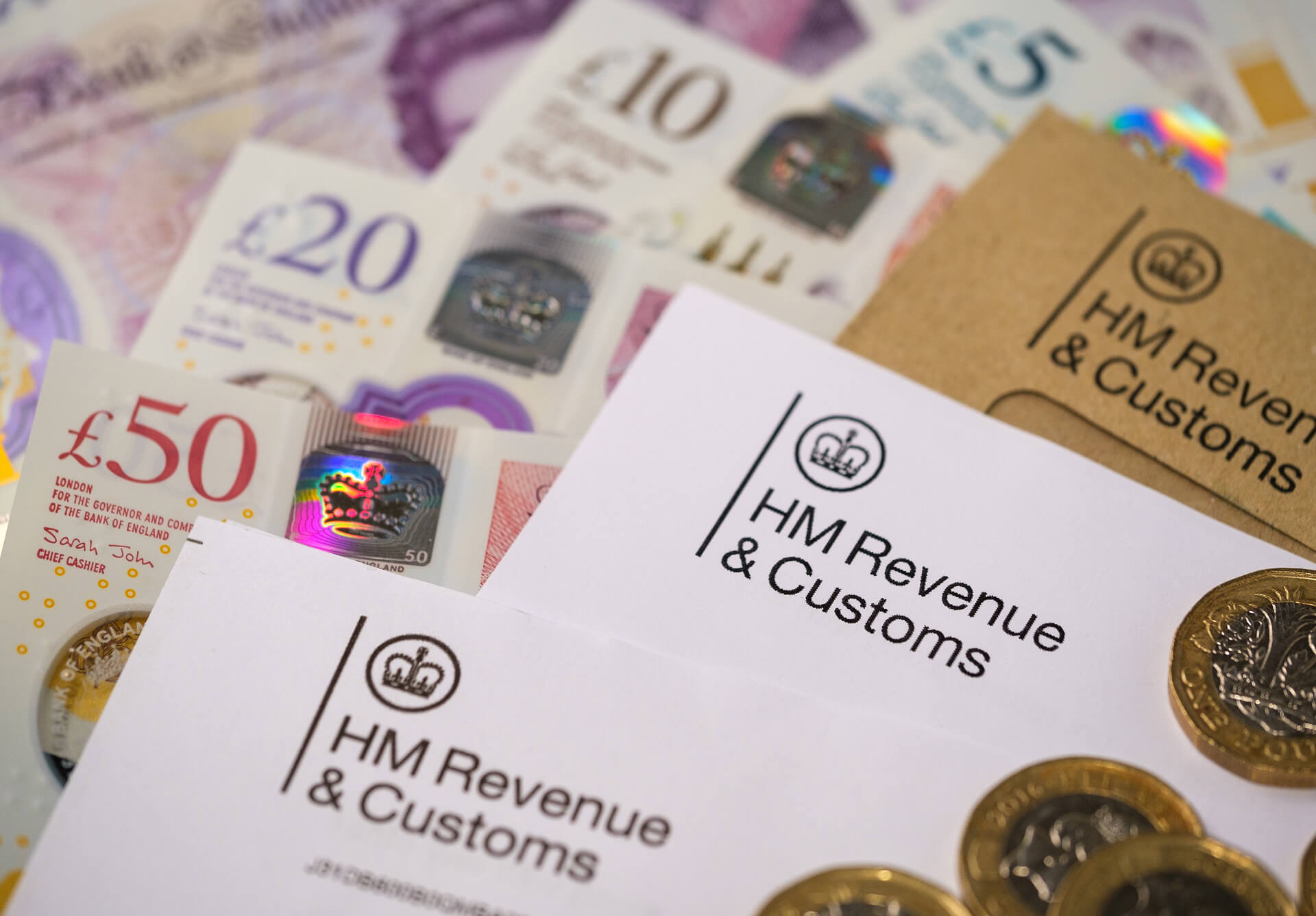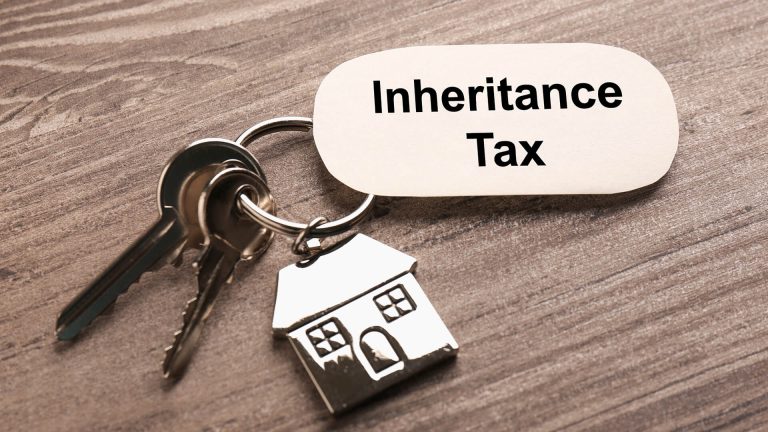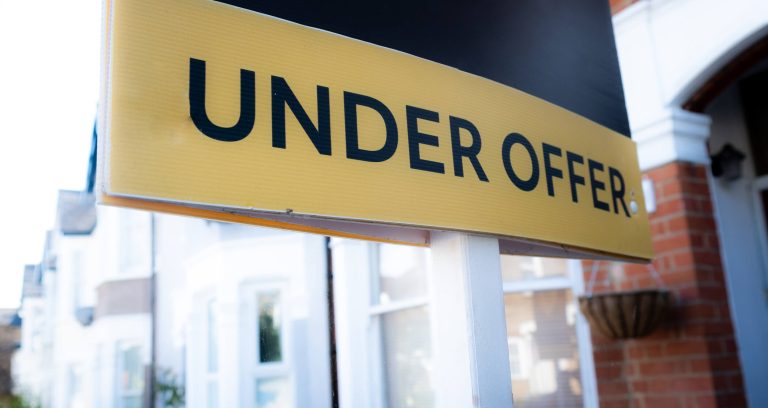Selling your home is a significant financial event. Understanding the potential tax implications is crucial. While your main residence often qualifies for exemptions, other scenarios can trigger tax liabilities. Here’s how selling a property can affect your taxes in the UK.
1. Capital Gains Tax (CGT)
Main Residence Relief: If you sell your primary residence—the home where you’ve lived as your main home—you generally won’t pay Capital Gains Tax (CGT). This exemption is known as Private Residence Relief. It allows homeowners to avoid paying tax on profits made from selling their home.
When CGT Might Apply: The following situations could trigger CGT:
- Second Homes/Buy-to-Lets: If you sell a second home or a buy-to-let property, CGT will likely apply to any profit (gain) you make.
- Business Use: If you’ve used part of your home exclusively for business, CGT could apply to that portion of the gain.
- Large Gardens: If your garden exceeds half a hectare, CGT may apply to some of the land.
- Periods of Absence: If you’ve been absent from your home for extended periods, you might lose your CGT exemption for those times.
Calculating CGT
To calculate CGT, subtract the purchase price and allowable expenses (like agent and solicitor fees or improvements) from the selling price. You also have an annual CGT allowance of £12,300 for the 2023/24 tax year. The rates of CGT vary depending on your income tax band. Higher-rate taxpayers face higher CGT rates. Knowing your tax band and allowable expenses can help you accurately calculate your liability.
2. Inheritance Tax (IHT)
If Selling After a Death: If you inherit a property and sell it, Inheritance Tax (IHT) may already have been paid as part of the deceased’s estate. If the estate is unsettled, selling the property may trigger further IHT obligations.
Property Value at Time of Death: The property’s value at the time of death is used to calculate IHT. The estate may owe IHT if its total value exceeds £325,000. The IHT rate is 40% on amounts above this threshold.
Selling Before IHT is Settled: If you sell the property before IHT is settled, the proceeds can be used to pay any IHT owed. Always consult with a solicitor to ensure the process runs smoothly.
3. Income Tax
Generally Not Applicable: Selling your main residence typically won’t trigger income tax. When you sell your primary home, you won’t pay income tax on any profits.
If You Run a Business from Home: If you’ve operated a business from home and claimed expenses related to the property, the sale could affect your income tax liability. For example, if you’ve deducted costs like utilities, you may owe income tax on part of the sale’s profit.
Additionally, if your business use of the property is significant, you might owe CGT on part of the gain. Always consider how your property’s use impacts your tax situation.
4. Stamp Duty Land Tax (SDLT)
Not Applicable to Sellers: Stamp Duty Land Tax (SDLT) is a tax paid by the buyer, not the seller. As a seller, you don’t need to worry about SDLT when you sell your property. However, if you purchase a new property after the sale, you’ll pay SDLT on that purchase.
If you purchase a second home or buy-to-let property, you will face higher SDLT rates. Be sure to account for this cost when planning your next property purchase.
5. Other Potential Taxes and Costs
Council Tax: Make sure you pay all council tax dues before selling your property. If you remain liable after the sale, notify your local council to update their records. Failure to do so could result in penalties.
Capital Gains Tax on Overseas Property: If you sell a property abroad, you may still owe CGT in the UK, depending on your residency status. You must declare this on your Self Assessment tax return.
6. How to Minimise Your Tax Liability
There are several ways to reduce your tax liability when selling a property. One option is to maximize any available exemptions, such as Private Residence Relief for your main home. Additionally, keeping detailed records of allowable expenses and seeking professional advice can help you lower the amount of CGT you owe.
Consider speaking to a tax advisor before selling to ensure that you follow the best strategy for minimizing your tax liability. A tax professional can also help you navigate the complexities of selling inherited or business-use properties.
About National House Buyers
Need to sell your property without delay, anywhere in the UK? National House Buyers offers a guaranteed cash sale, for all types of properties, regardless of their condition.
Bypass the usual selling frustrations: no estate agent fees, avoid property chain risks, and experience a completely transparent process with no hidden costs or lengthy waits. We’re focused on providing UK sellers with a fast and easy way to move forward.
Take the first step towards a quick sale – discover how it works or call us free on 0800 032 1217 today.



